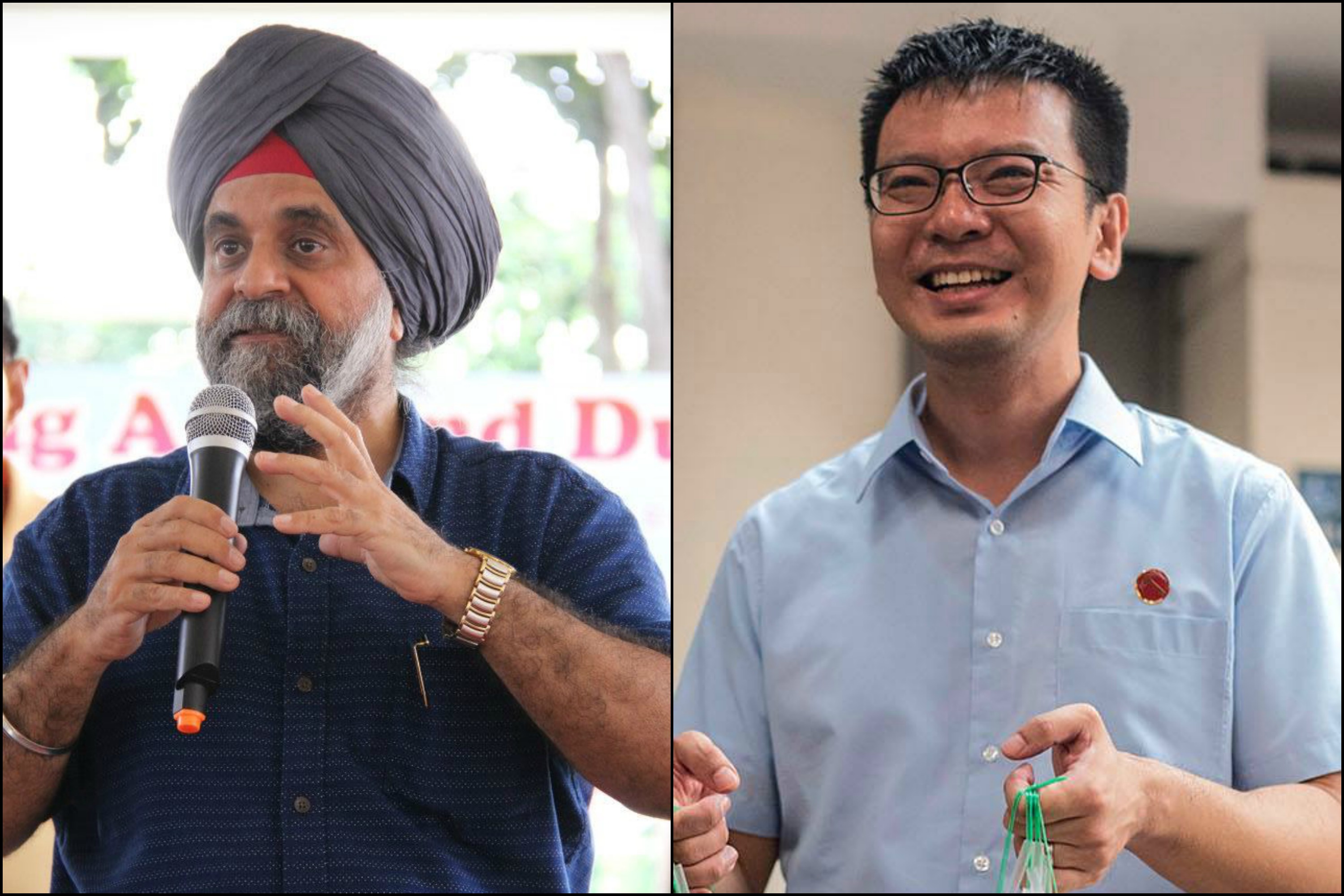When former Ang Mo Kio GRC MP Inderjit Singh retired from politics before the last General Election (GE), he told Today that he was still keen to contribute by helping out on a community level.
It seems like the outspoken ex-PAP MP is keen to contribute on another level too -- that of a public intellectual.
Within a week after GE, Singh wrote a 3,700-word analysis on GE 2015, explaining the 10 percent swing to the PAP.
About two months later, he has written a commentary in The Straits Times with a young Singaporean:
"It is now two months after the general election and a good time as any to review Singapore's political system to meet evolving needs".
Okay. Sure...
In case you are unfamiliar with Singapore's parliamentary system, here is a 101 on Singapore's Parliament:
- Our Parliament is modelled after the Westminster system of parliamentary democracy, which was developed from the United Kingdom.
- Our MPs are voted in at regular GEs. The leader of the political party that secures the majority of seats in Parliament will be asked by the President to become the Prime Minister (PM). The PM is the head of government.
- Our parliament is unicameral. It's Latin for one [uni] chamber [camera].
- Countries that use variations of the Westminster system include Australia (bicameral), Canada (bicameral), India (bicameral), Malaysia (bicameral), Israel (unicameral), and New Zealand (unicameral).
We now present to you two different views on the Singapore's parliament and how it could be improved.
Yes to Upper and Lower Houses of Parliament
PAP's former Ang Mo Kio GRC MP Inderjit Singh and Lee Kong Chian graduate scholar Charles Phua
1. Two Houses will allow both diversity and municipal needs to be served: It is difficult to find MPs who are equally competent in two different skill sets - local grassroots work and policy advocacy.
2. Ministers need not be elected MPs: Two examples - 1) India's former prime minister Manmohan Singh was not an elected MP but was nominated to the Upper House; and 2) Indonesia appoints technocratic ministers. However, Singh thinks that the PM needs to be an elected member from the Lower House to demonstrate electoral confidence in his leadership.
3. Benefit of the appointments of experts: Singh argues that the appointment system safeguards against the vagaries of elections, and also encourages experts to serve.
4. On the elected Presidency: Head of the Upper House could be elected President (head of state). Today's presidential election has become a proxy battlefield for partisan contest and defeats the original intent of the President's office.
No to Upper and Lower Houses of Parliament
National University of Singapore sociologist and Workers' Party (WP) GE 2015 candidate Daniel Goh
1. Two houses too complicated: Keep things simple and deepen existing institutions and their trust quotient. More complicated layers will dilute popular sovereignty and check the will of the people.
2. Political gridlock in countries with two houses: Consequences of more politicking may lead to gridlock in future.
3. Bicameral parliament works for large countries and countries with long history: Goh said that a "bicameral parliament" works for a federal system (US, Australia) "where local versus national actually means something" or "for a democracy transiting from an aristocracy like in the UK of old where the powerful lords need to be appeased".
4. On the elected presidency: How about improving Parliament as it is and restoring the ceremonial presidency?
Top photo - Photo of Inderjit from Inderjit Singh's Facebook page / Photo of Daniel Goh by Lim Weixiang for Mothership.sg
If you like what you read, follow us on Facebook and Twitter to get the latest updates.
If you like what you read, follow us on Facebook, Instagram, Twitter and Telegram to get the latest updates.
